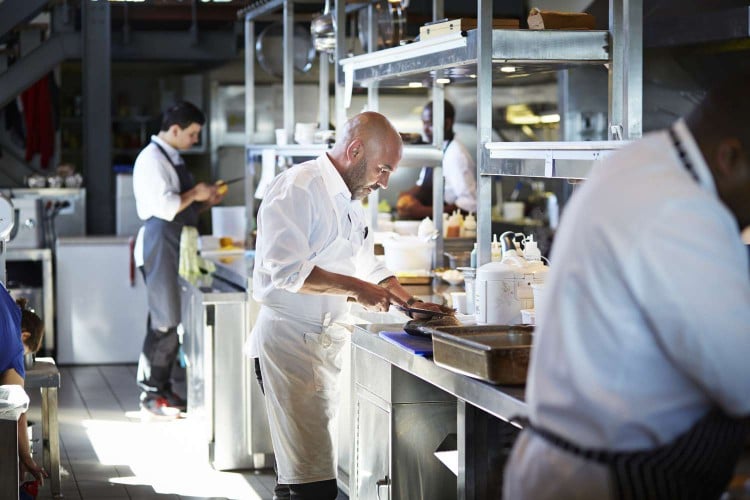
UK workers are taking more sick days than at any point in the last decade, research suggests.
Staff took on average 7.8 sick days in the past year, up from 5.8 before the pandemic, the Chartered Institute for Personnel and Development (CIPD) found.
One teacher who is off sick told the BBC her work environment was now "toxic" due to high pressure.
The trade group said the rise was a "worry" and blamed stress, Covid and the cost-of-living crisis.
These conditions were having "profound impacts on many people's wellbeing", it added.
The research analysed rates of absence in more than 900 organisations, representing 6.5 million employees.
It was conducted by the CIPD, in partnership with Simplyhealth, a healthcare company that provides outpatient support.
The study found that minor illnesses were the main reason for short-term absences, followed by musculoskeletal injuries and mental ill health.
Meanwhile, more than a third of organisations also reported Covid-19 was still a significant cause of sick days.
Staff on long-term sick leave tended to blame mental health issues, musculoskeletal injuries or conditions such as cancer and stroke.
Sally (not her real name), a teacher from the South East, is currently taking time off due to stress caused by the "toxic environment" at her school.
"It became unmanageable this week," she told the BBC. "Comments from management say 'all the schools are like this. Everyone is under pressure'. But it seems to be an excuse - that we've got to bear it."
She said she had wanted to speak to colleagues for support but there wasn't time as everyone was under pressure.
- 'I can't wash my hair': How long-term sick are hitting UK
- Record numbers not working due to ill health
- Can you go to work or school if you have Covid?
Changes in working culture since the pandemic coupled with the cost-of-living crisis have left some employees feeling disengaged and stressed, the CIPD said.
Working from home could also present an issue for staff that lived alone or had limited social contact.
Rachel Suff, senior employee wellbeing adviser at the CIPD, said that public sector sick days were almost double than that of the private sector.
"Absence has always been higher in bigger organisations - and that goes for private sector as well - and there are a lot of large organisations in the public sector," she told the BBC.
"Also, there are an awful lot of front-line roles [in the public sector]," she said, citing extra pressures on people working in organisations such as the NHS.
Most of the organisations surveyed said they offered sick pay, while around half had a strategy to improve staff wellbeing. However, the CIPD said rates of absence were still rising and employers needed to do more.
Ms Suff from the CIPD said employers needed to better manage the causes of workplace ill-health and intervene early to stop issues escalating.
"It's important that organisations create an open, supportive culture where employees feel they can come forward," she added.
Dr Audrey Tang, a psychologist and broadcaster, told BBC Radio 5 Live there was "a mismatch of understanding from people right at the top" about what workers needed.
"Often, quick, short-term fixes such a lunchtime yoga or lunch time ice cream vans are not what people need," she said.
Are you finding you're taking more time off from work? We'd like to hear from you. Get in touch by emailing [email protected].
Please include a contact number if you are willing to speak to a BBC journalist. You can also get in touch in the following ways:
- WhatsApp: +44 7756 165803
- Tweet: @BBC_HaveYourSay
- Upload pictures or video
- Please read our terms & conditions and privacy policy
If you are reading this page and can't see the form you will need to visit the mobile version of the BBC website to submit your question or comment or you can email us at [email protected]. Please include your name, age and location with any submission.






